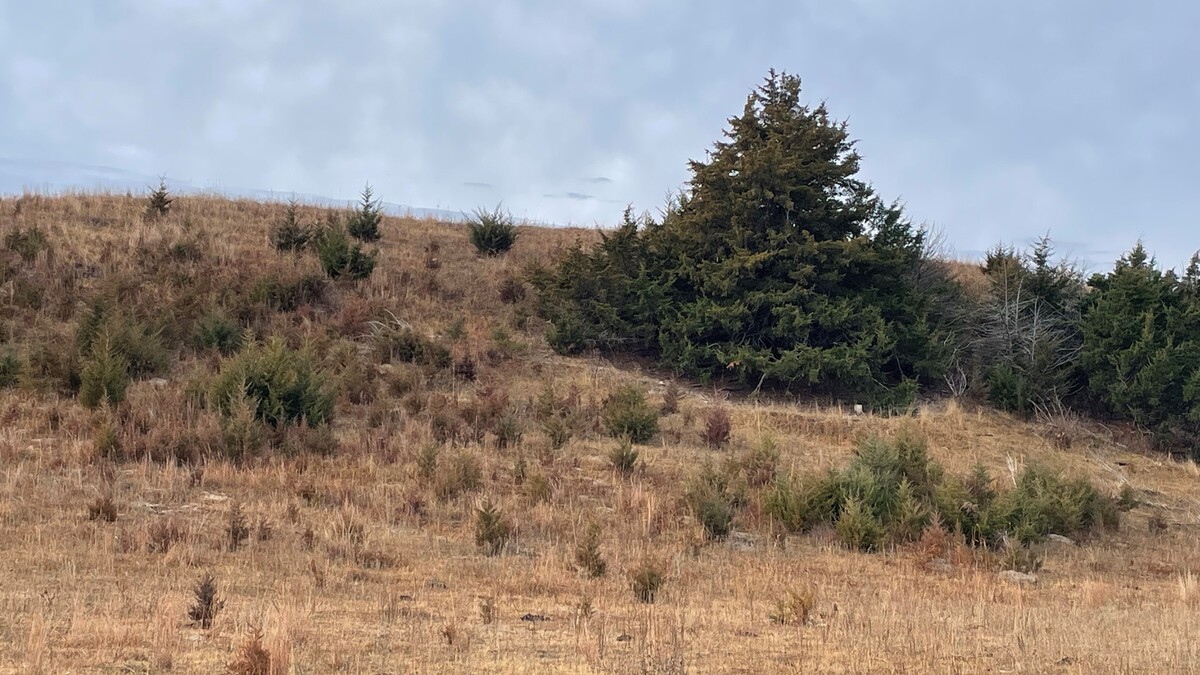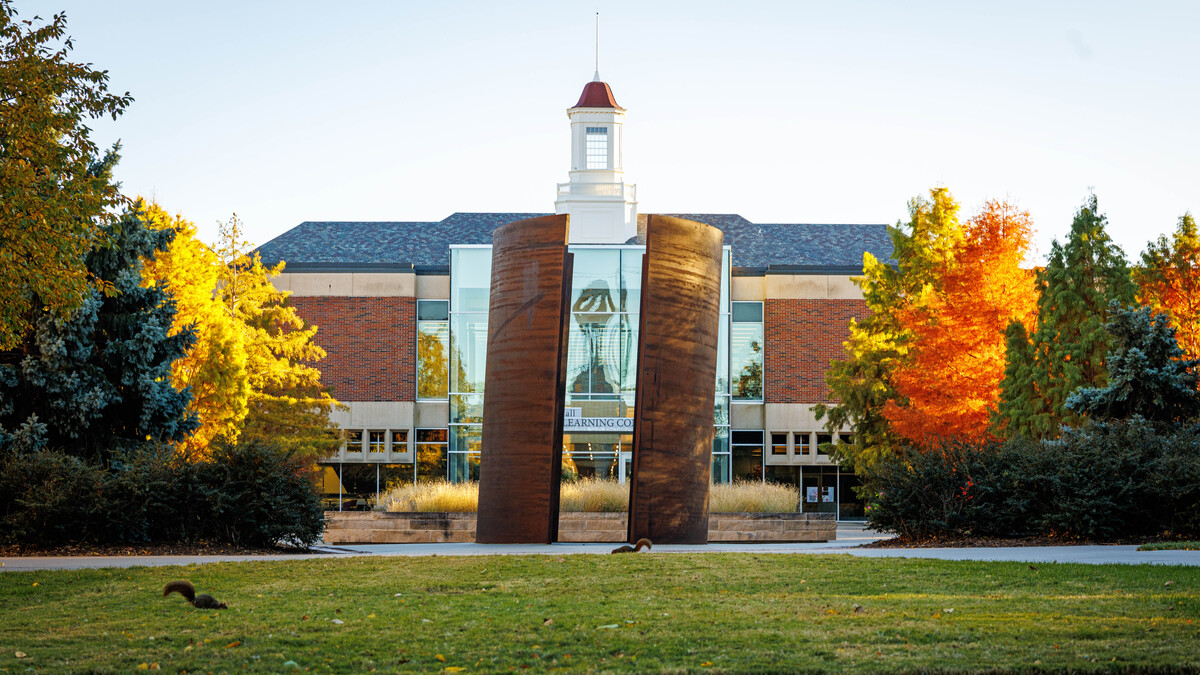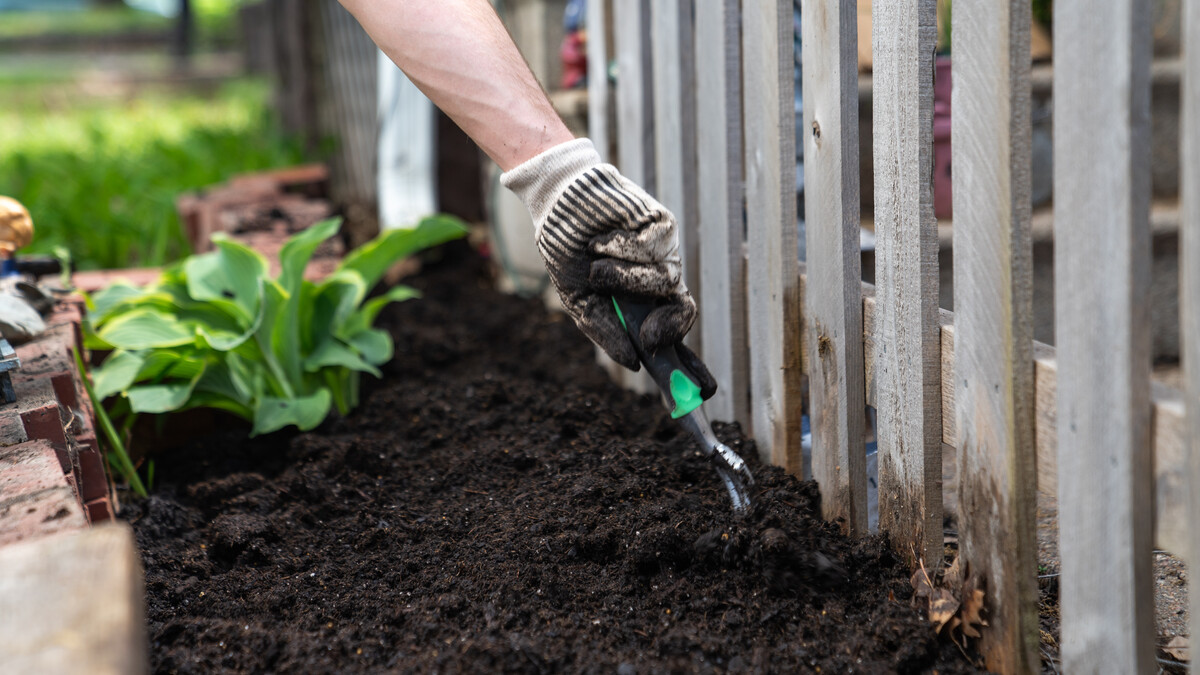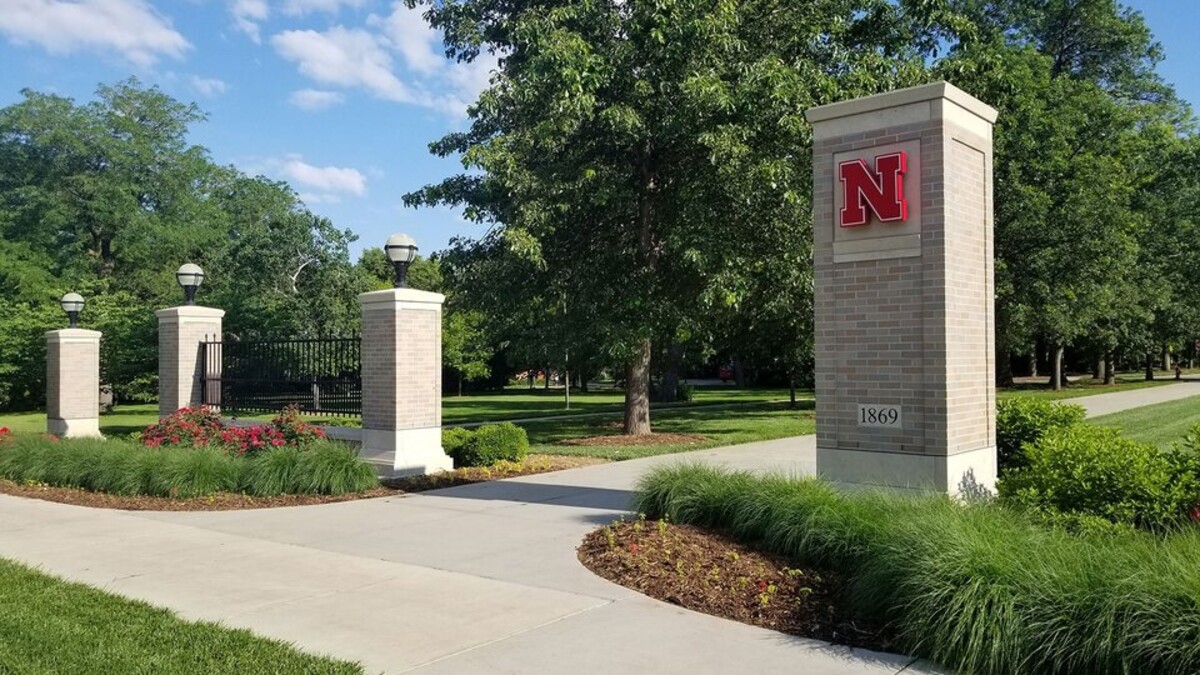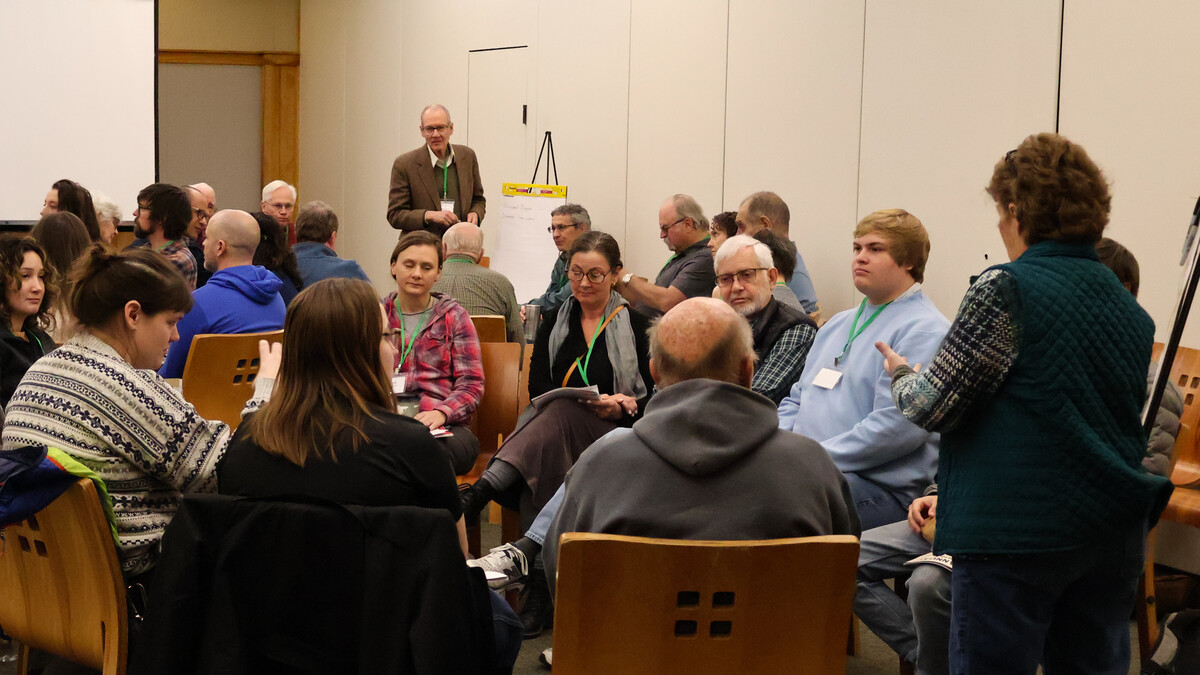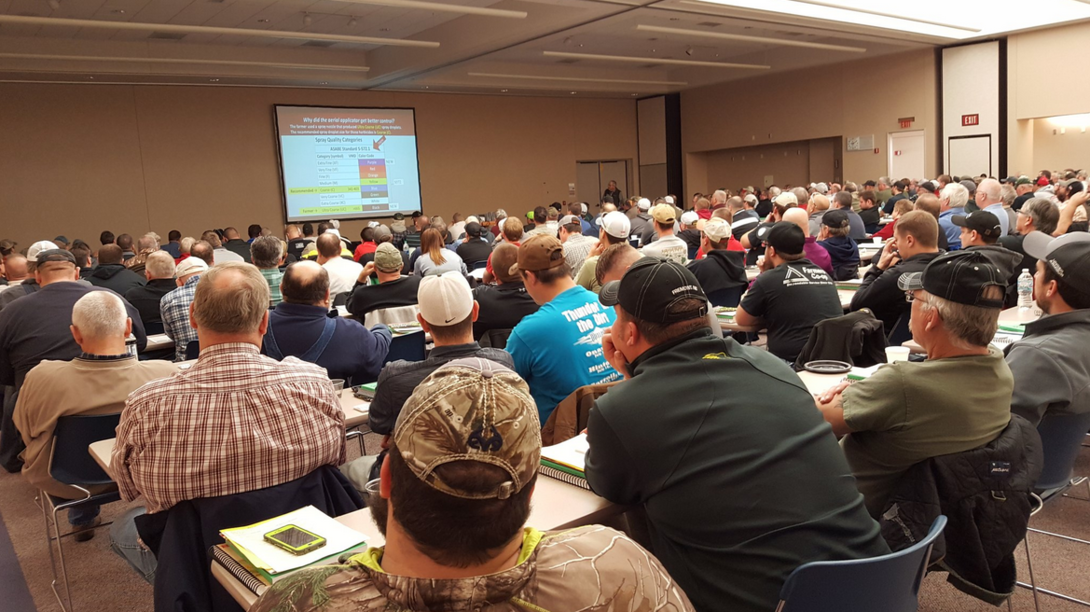
January 24, 2017
Lincoln, Neb. — While January may be a production downtime, Nebraska producers are very busy preparing for the upcoming growing season. 1,558 producers, crop consultants, extension educators and other stakeholders from across the state attended Nebraska Extension’s 2017 crop production clinics during the month of January to get the latest research-based information to benefit their operations.
Crop production clinics are designed to offer practical, profitable, environmentally sound, high-impact training to agricultural professionals and producers. University of Nebraska–Lincoln crop production and pest management specialists, and extension educators cover information on soil fertility; soil and water irrigation; insect pests; plant diseases; weeds; cropping systems; and agribusiness management and marketing.
Bill Martin of Beemer, Nebraska has been farming for 19 years, and attends a crop production clinic every January. This year, Martin attended the clinic held at the Agricultural Research and Development Center near Mead.
“It’s a nice one-stop-shop to gain educational information on research and new technologies,” Martin said.
Martin also finds benefit in the weed management and herbicide, insecticide and fungicide related information shared in the yearly Guide for Weed, Disease and Insect Management in Nebraska included with each attendee’s registration. The guide offers information on pest management for major crops, range and pasture, range turf and aquatic environments in Nebraska.
One of the featured sessions during the clinic offered producer’s information to improve their pesticide efficacy and management of spray drift. Factors that affect pesticide efficacy and spray drift management include nozzle tip size, sprayer speed and weather conditions. During the clinics, Nebraska Extension specialists covered all factors and offered management recommendations for producers.
“Considering today’s low commodity prices we created the clinic agenda with Nebraska producers in mind and shared information which they can use to add value to their operations,” said Amit Jhala, Nebraska Extension weed management specialist and crop production clinic coordinator. The crop production clinic in Kearney was held in conjunction with a crop management conference, which provided an opportunity to invite out-of-state speakers and collaborate with industry partners for a trade show exhibition.
2016 crop production clinics influenced 6.6 million acres in Nebraska. 87 percent of attendees felt that attending a clinic would increase the profitability of their operation. This increase in value was estimated at $3.91 per acre, which resulted in an impact of approximately $25.8 million across Nebraska.
The crop production clinics also allow private pesticide applicators to renew their licenses and are the primary venue for commercial and noncommercial pesticide applicators to renew their licenses in ag plant and demonstration/research. Six certified crop advisor credits were available for clinic attendees.
2017 clinics were held in eight locations across the state, from Gering to Beatrice and from Norfolk to Hastings.
Clinic proceedings are available online at http://agronomy.unl.edu/cpc.
Contact:
Amit Jhala
Weed Management Specialist
Nebraska Extension
402-472-1534
amit.jhala@unl.edu
